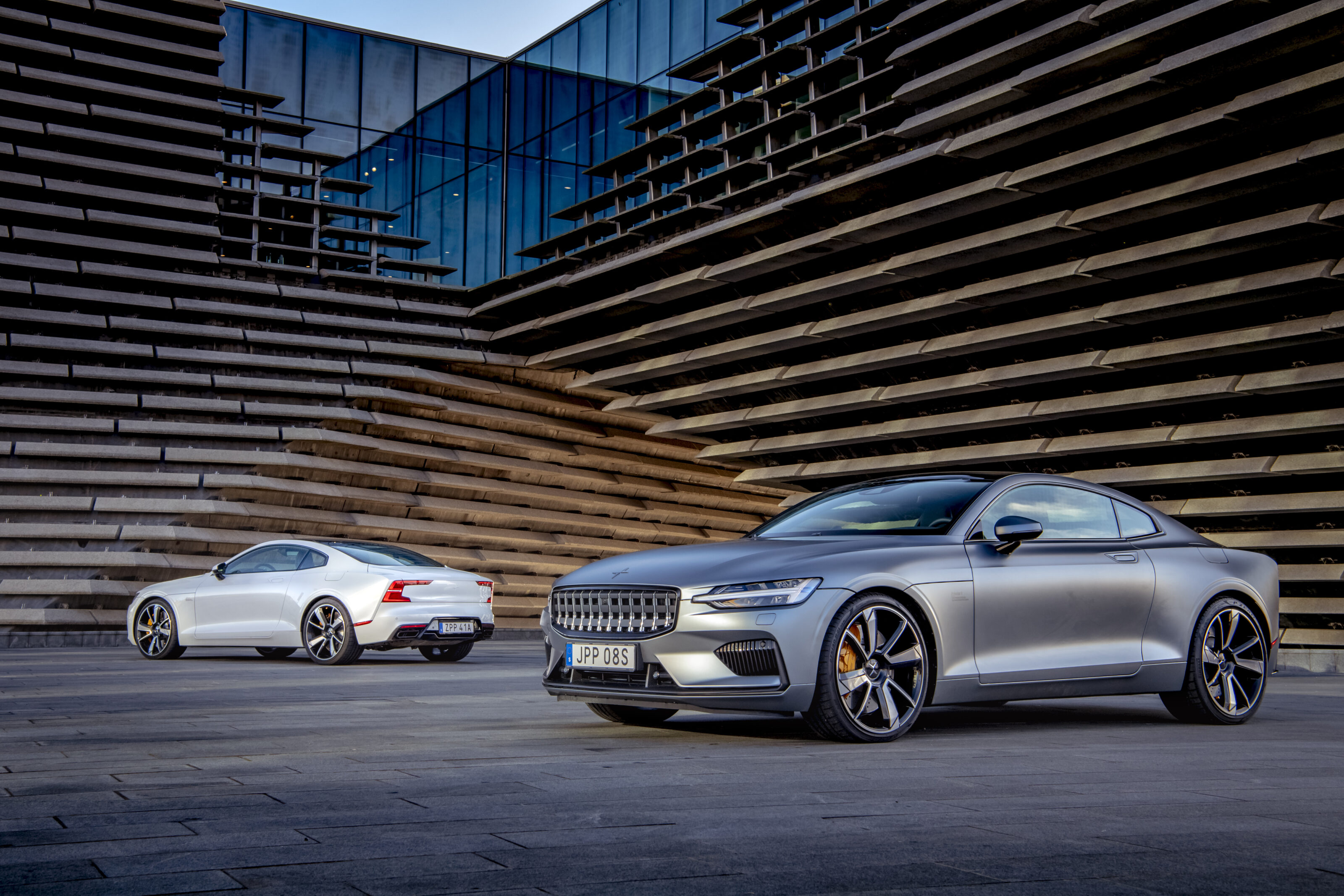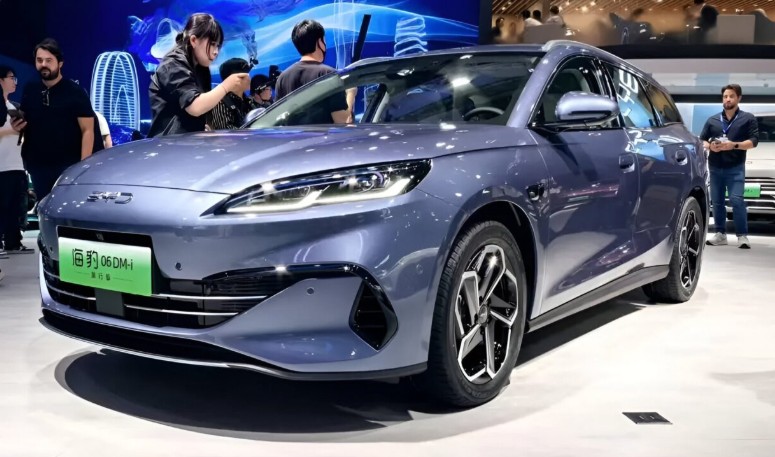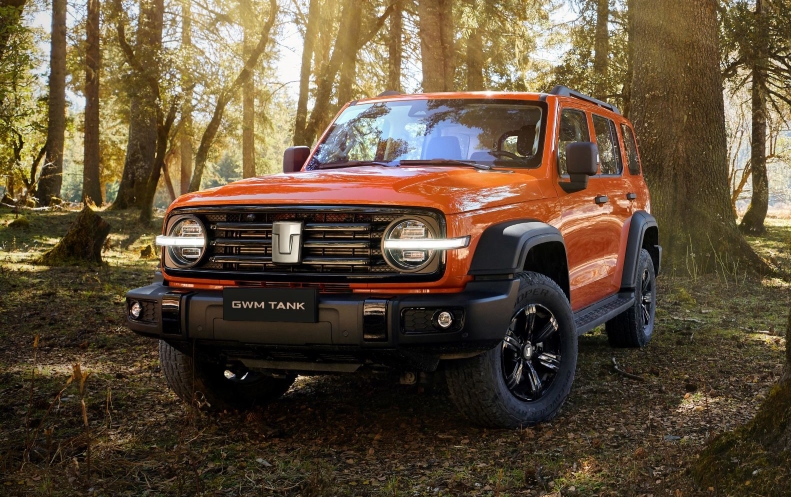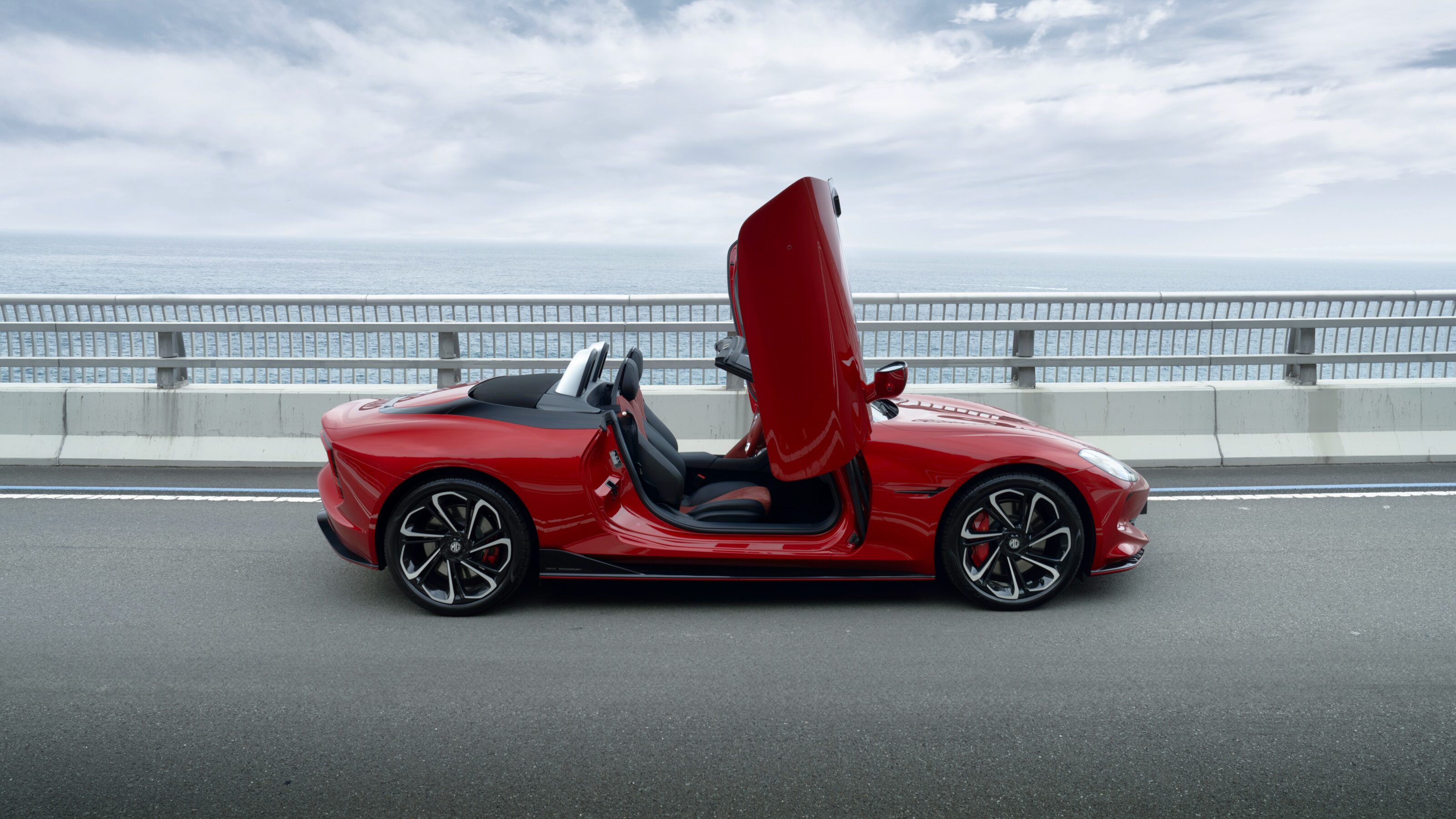It’s widely known that Polestar is closely linked with Volvo and also owned by China’s Geely Automotive, but there’s much more to the story behind the rise of Polestar.
Here we bring you 10 fascinating facts about the new brand that has the likes of Tesla squarely in its sights.
1 – Motorsport origins
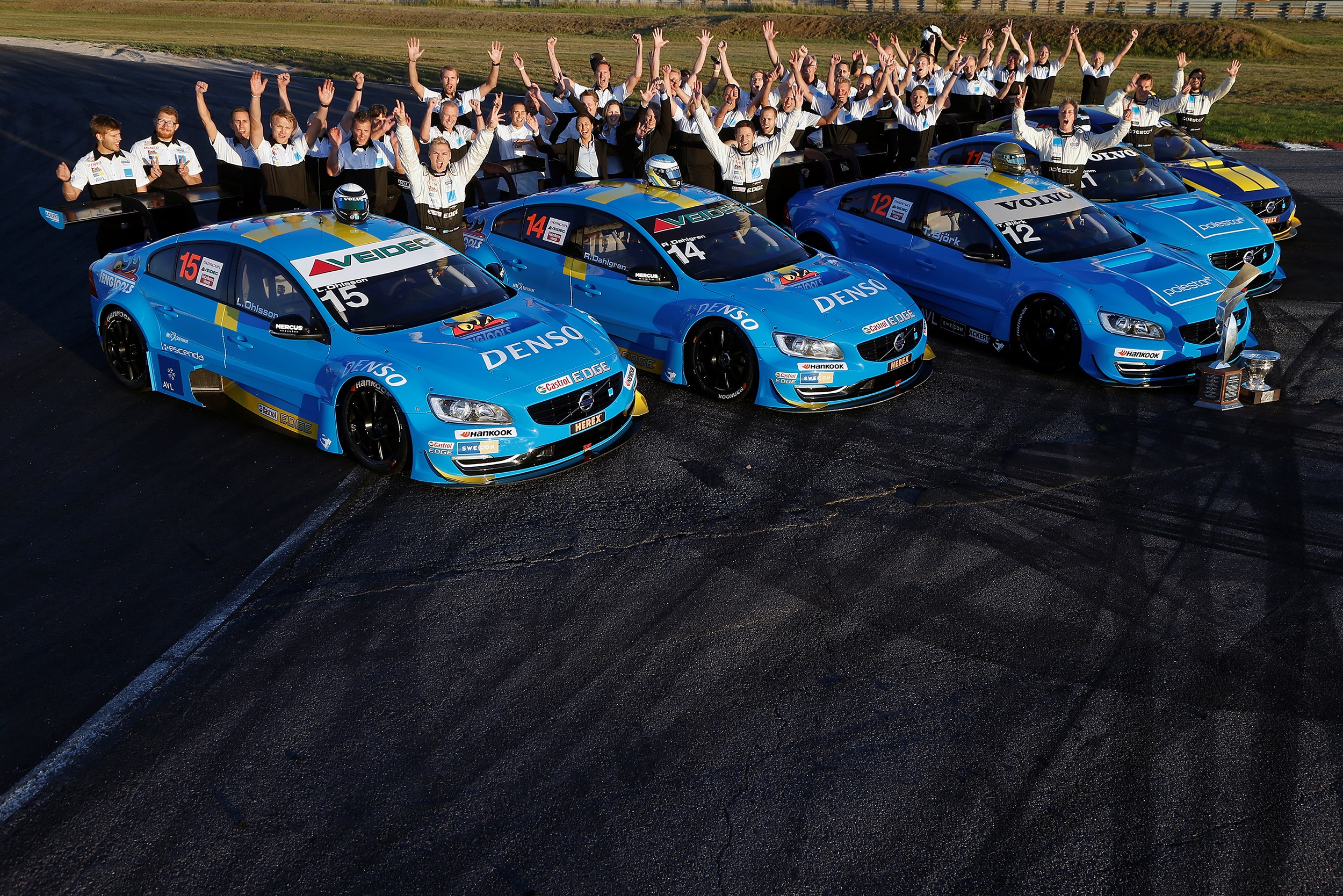
The Polestar name was first introduced in 2005 – adopted by Swedish motorsport specialists Cyan Racing which, since 1996, had been running Volvo’s factory team in the Swedish Touring Car Championship. It was chosen as a tribute to “the origin of the company in the frozen north of Sweden and its strive towards perfection”.
The outfit last ran a Volvo racing car in 2017, when it won both the World Touring Car Championship driver’s and constructors’ titles with the S60 TC1. Cyan Racing, which has since dropped the Polestar name, now represents the Chinese Lync & Co brand – from Volvo parent company Geely – in the World Touring Car Cup (the successor to the WTCC).
2 – A circa-300km/h C30 hatchback was its first road-going car

Polestar was announced as Volvo’s official performance partner in 2009. And after Polestar took a racing-car version of Volvo’s C30 coupe-hatch to the 2009 Swedish Touring Car title, its engineers created a road-going C30 ‘concept prototype’ capable of accelerating from 0-100km/h in 4.2 seconds and reaching in excess of 290km/h.
The C30 prototype was propelled by Volvo’s renowned 2.5-litre five-cylinder turbo engine, which sent 336kW and 510Nm to all four wheels via a six-speed manual gearbox and Quaife limited-slip differentials. An aero bodykit was honed in Volvo’s wind tunnel.
3 – Polestar helped create Volvo’s Australian V8 Supercar
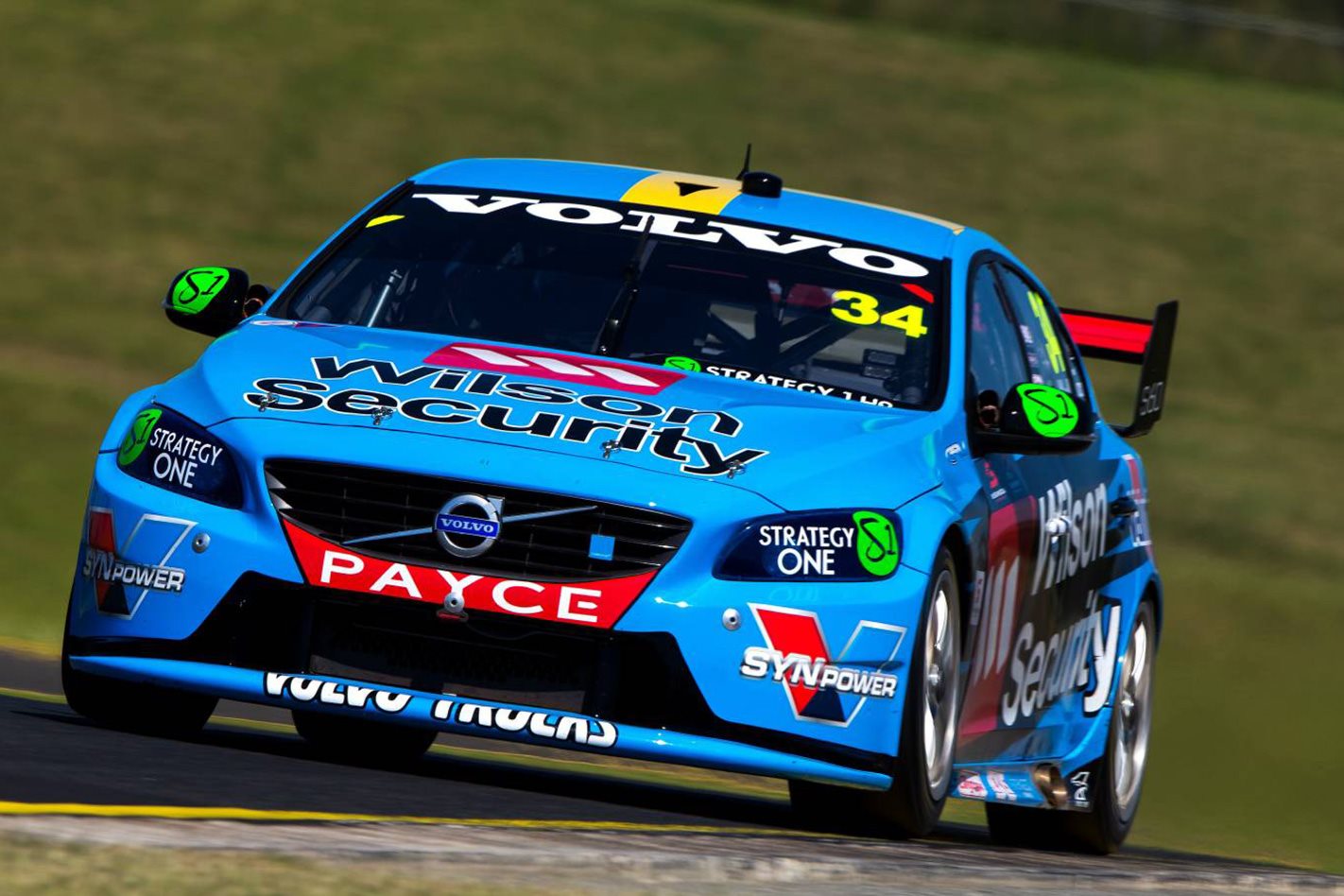
When Volvo made the shock move to enter the 2014 Australian V8 Supercar Championship, Polestar partnered with Garry Rogers Motorsport to co-develop the Volvo S60 V8SC.
Polestar developed the S60 Supercar’s 5.0-litre V8 from the 4.4-litre Volvo/Yamaha engine that had appeared in the likes of the XC90 SUV and S80 sedan between 2006 and 2011.
Producing 485kW and combining with GRM’s V8 Supercars nous, Volvo scored a surprising second place in Adelaide’s season opener – with a certain up and coming Kiwi young-gun behind the wheel called Scott McLaughlin. The McLaughlin/Volvo combination came third in the 2016 V8 Supercars championship – Volvo’s last season after the Swedish brand decided to phase out motorsport activities.
4 – S60 Polestar Performance sedan was exclusive to Australia
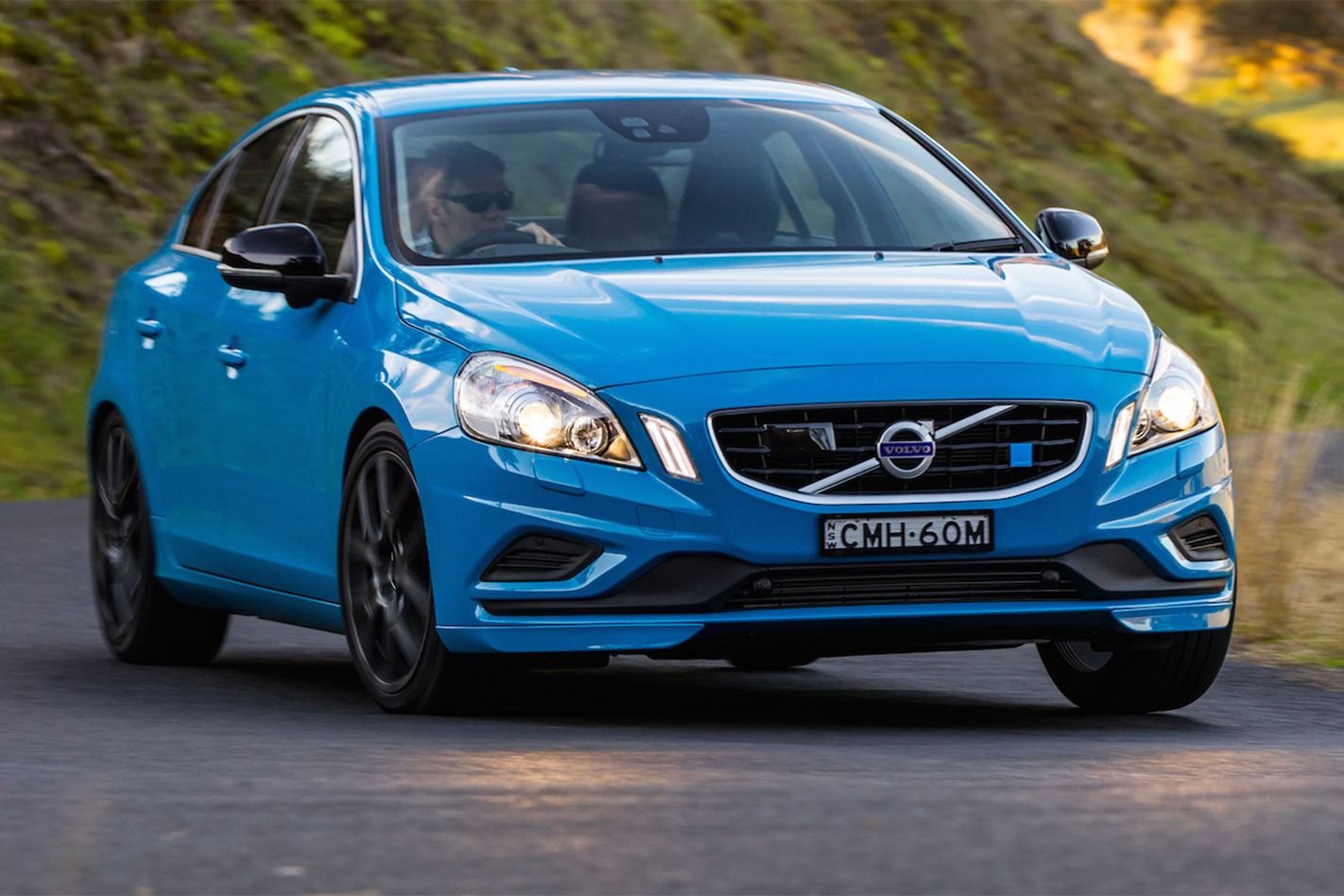
Australia had already enjoyed an exclusive taste of the Polestar brand before Volvo’s V8 Supercars foray. In 2013, the Polestar-developed S60 Polestar mid-sized performance sedan became a localised, 50-units-only, toe-in-the-water exercise as Volvo contemplated a return to sporty production cars.
With the supercharged six-cylinder, all-wheel-drive S60 considered a success, the sedan was joined by a wagon twin – the V60 Polestar – as Polestar’s first global Volvo production models.
The models were updated in 2016, including a more powerful turbocharged/supercharged four-cylinder engine.
5 – The Polestar brand was intended for Fast Volvos
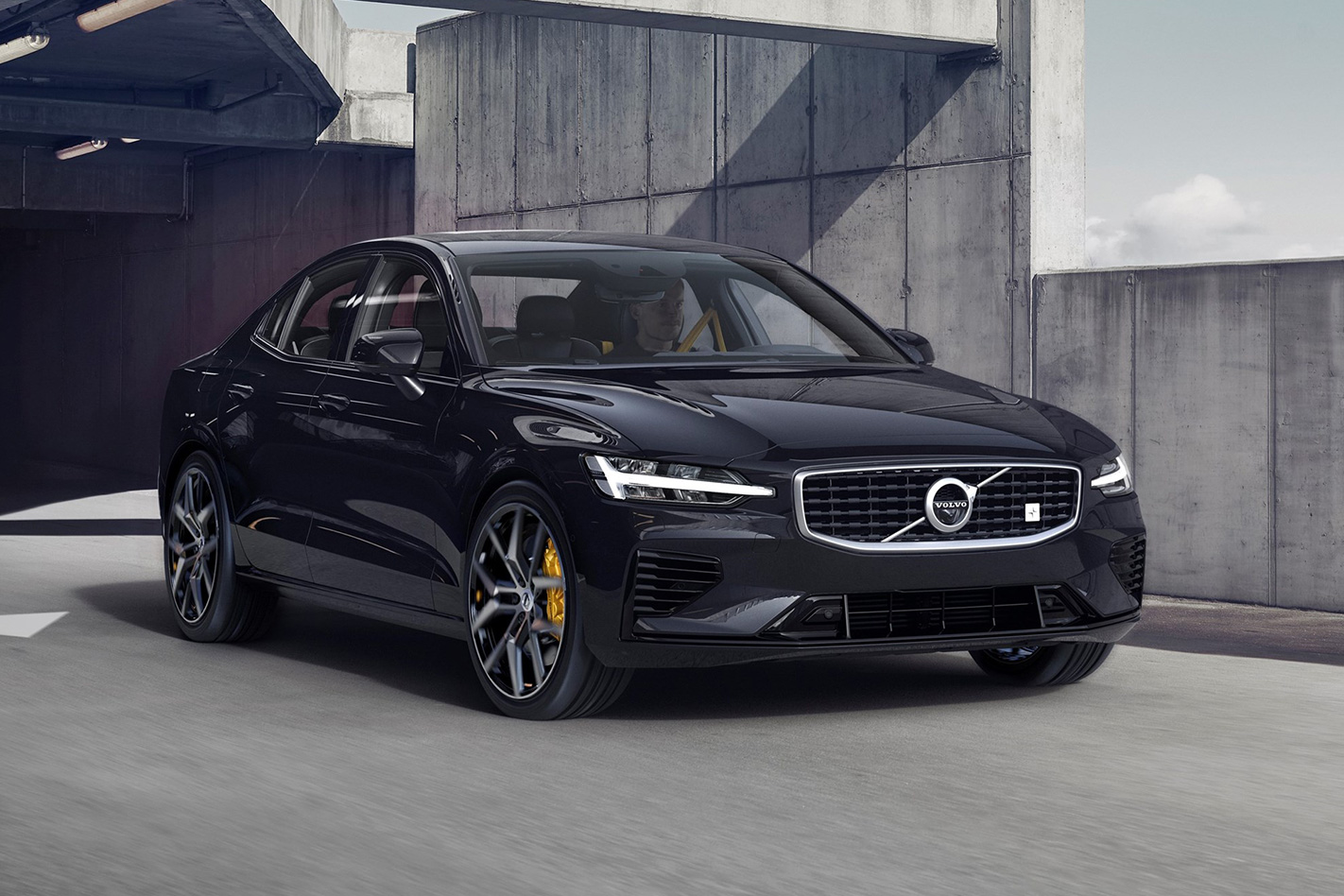
When Volvo Cars acquired Polestar Performance AB in 2015, the intention was to take on high-performance models from the likes of BMW’s M division and Mercedes-AMG.
In 2017, however, the target essentially became Tesla, as Volvo announced Polestar would be a standalone brand focused purely on electric performance vehicles. Polestar would use Volvo platforms and other components, though no Volvo badging would appear on the cars.
6 – Polestar optimisation
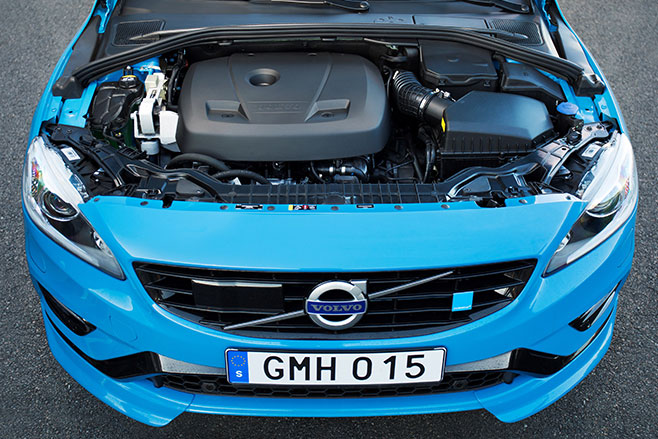
Polestar is also responsible for some tuning software designed to improve the driving performance of regular Volvos. Improved gearshift speed and precision, recalibrated on- and off-throttle response, plus a slightly chunkier mid-range for the engine all aimed to deliver better drivability and driver engagement.
The update was available as an option before being introduced as standard on certain models. Polestar optimisation would go on to bring greater rear-wheel bias for all-wheel-drive Volvos when the dynamic mode was engaged or ESC switched off.
7 – Polestar engineered models
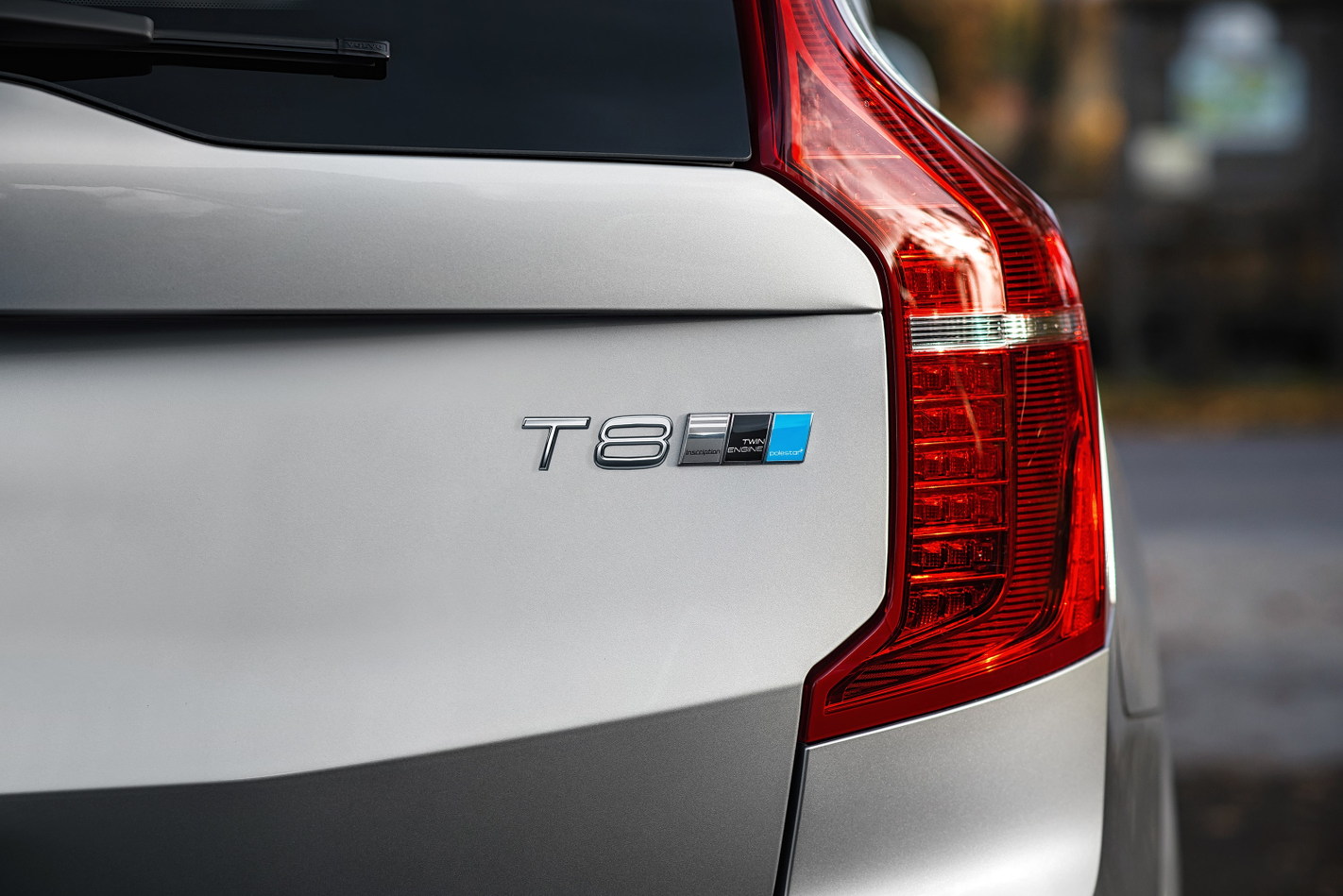
Buyers looking for a vehicle with the most obvious Polestar and Volvo links should look up the XC60 and XC90 Polestar Engineered models.
These flagship plug-in-hybrid SUVs feature a package of Polestar performance upgrades that include recalibrated engine software, Öhlins dampers, Akebono brakes, strut bar and lighter, forged-alloy wheels. They also receive a handful of exterior cosmetic additions, including a Polestar badge on the grille.
8 – Customers will buy Polestars online only
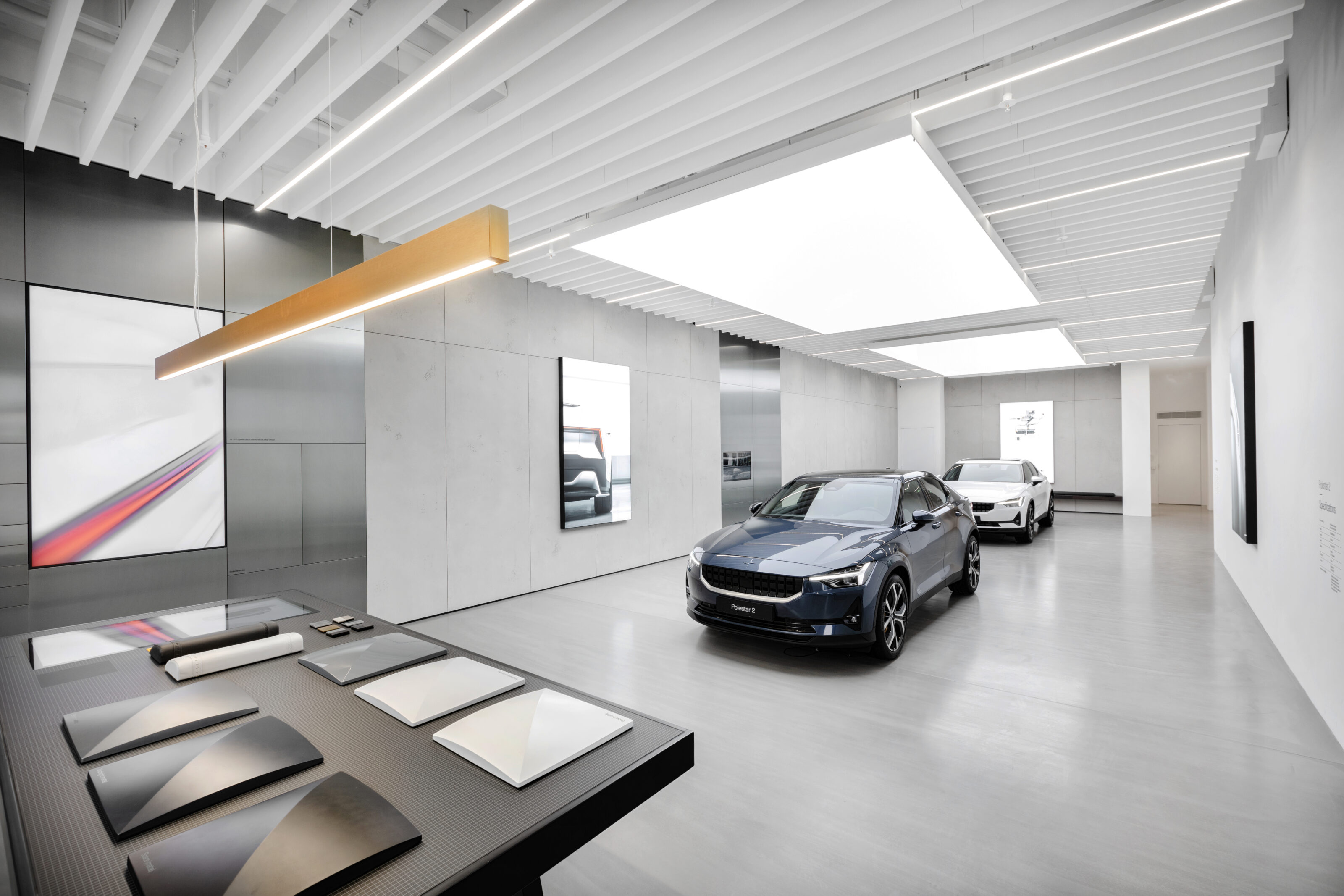
Forget dealerships and salespeople. Polestar is following the likes of Tesla and Genesis with a different approach to the traditional retail concept.
In Europe, various cities now feature a Polestar Space – factory-owned city-centre locations where shoppers can browse the cars, specifications and in some instances even individual components. Polestar experts are on hand to assist with any enquiries, though there’s a promise not to place any pressure on a purchasing decision.
Customers can order a car at a Polestar Space, on their desktop/tablet or via a smartphone app. In Australia, pop-up Polestar stores are planned with orders also made online.
9 – Polestar’s boss was Volvo’s VP of design
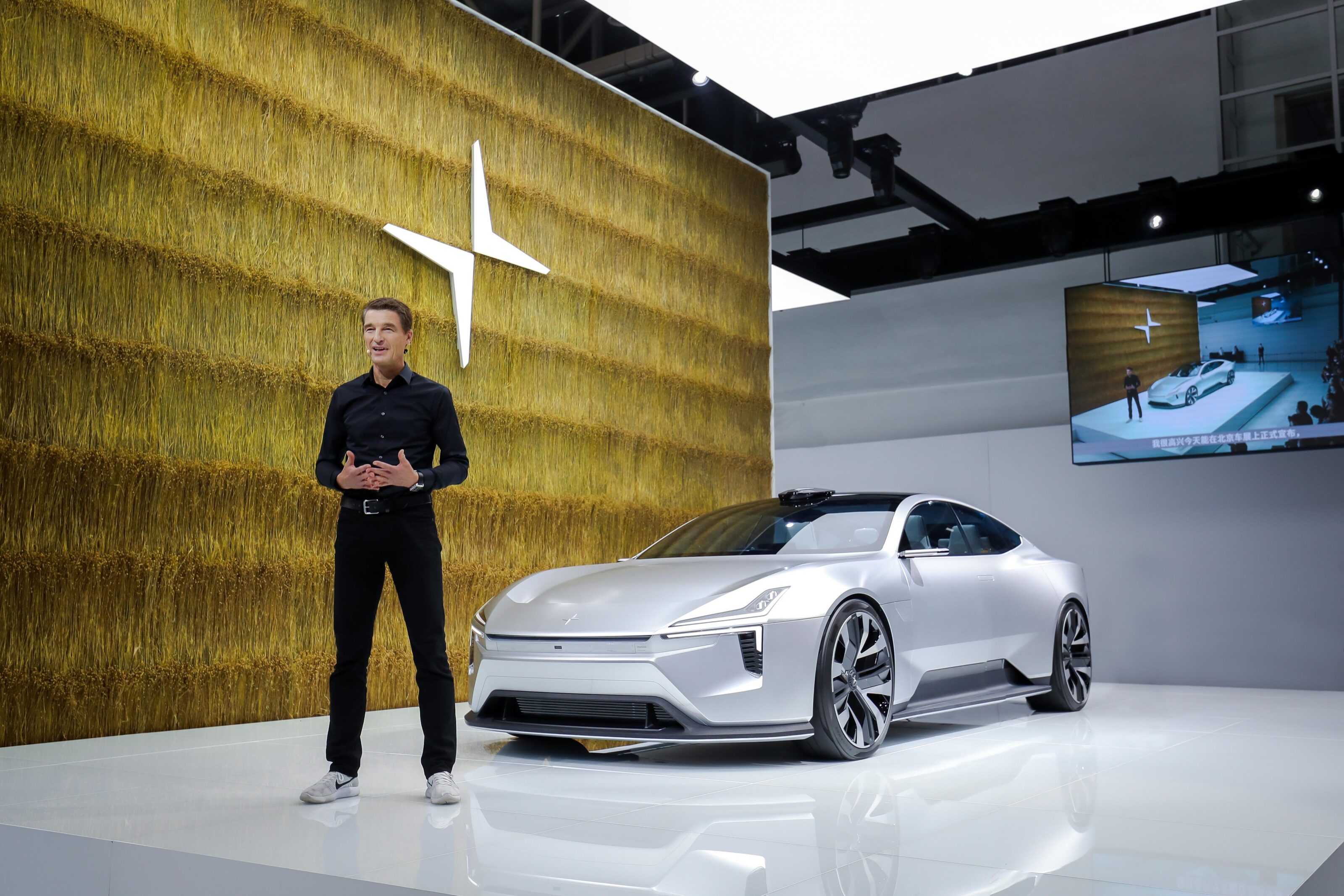
Thomas Ingenlath was behind Volvo’s design renaissance that started with the second-generation XC90 SUV, before being appointed chief executive officer of the fledgling Polestar brand.
Ingenlath is no longer on Volvo’s executive team but retains responsibility for overall group design, working with Volvo’s current head of design, Robin Page.
10 – Polestar 1 and 2 were originally Volvo concept cars
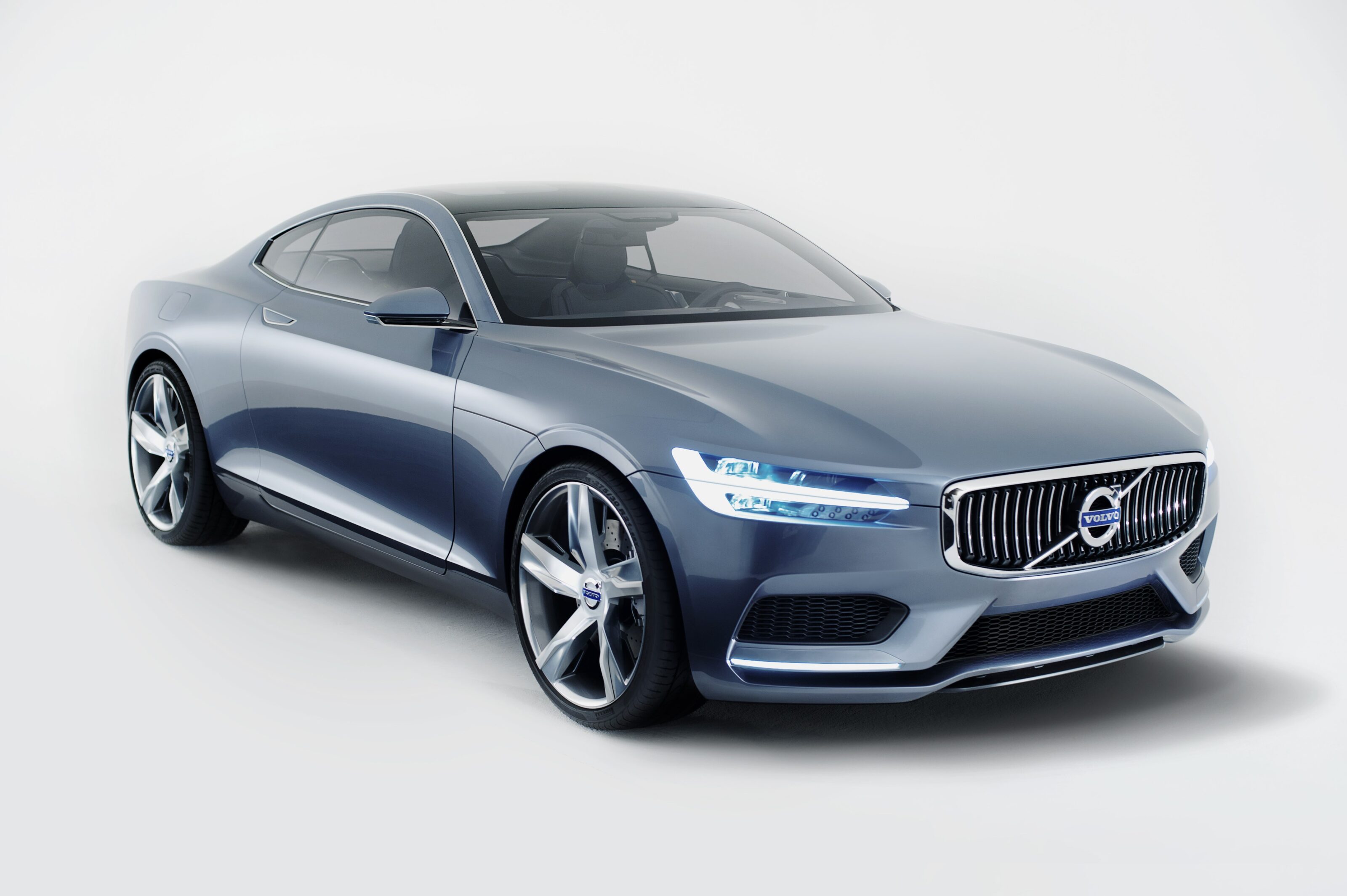
The electric performance brand’s very first vehicle is essentially a production version of Volvo’s stunning 2013 Concept Coupe – a show car that hinted at the company’s future design direction and was likely to have become a two-door variant of the S60 sedan until the new Polestar strategy.
And in mid 2016, Volvo unveiled two concepts based around its new compact (CMA) platform and upcoming 40-series range. A year later, the 40.1 concept – virtually unchanged – would become the XC40, Volvo’s first ever compact luxury SUV. The 40.2 – a distinctive, high-riding sedan-cum-hatchback – would remain similarly familiar as it morphed into production status, as the Polestar 2 – the brand’s first proper global car.
We recommend
-
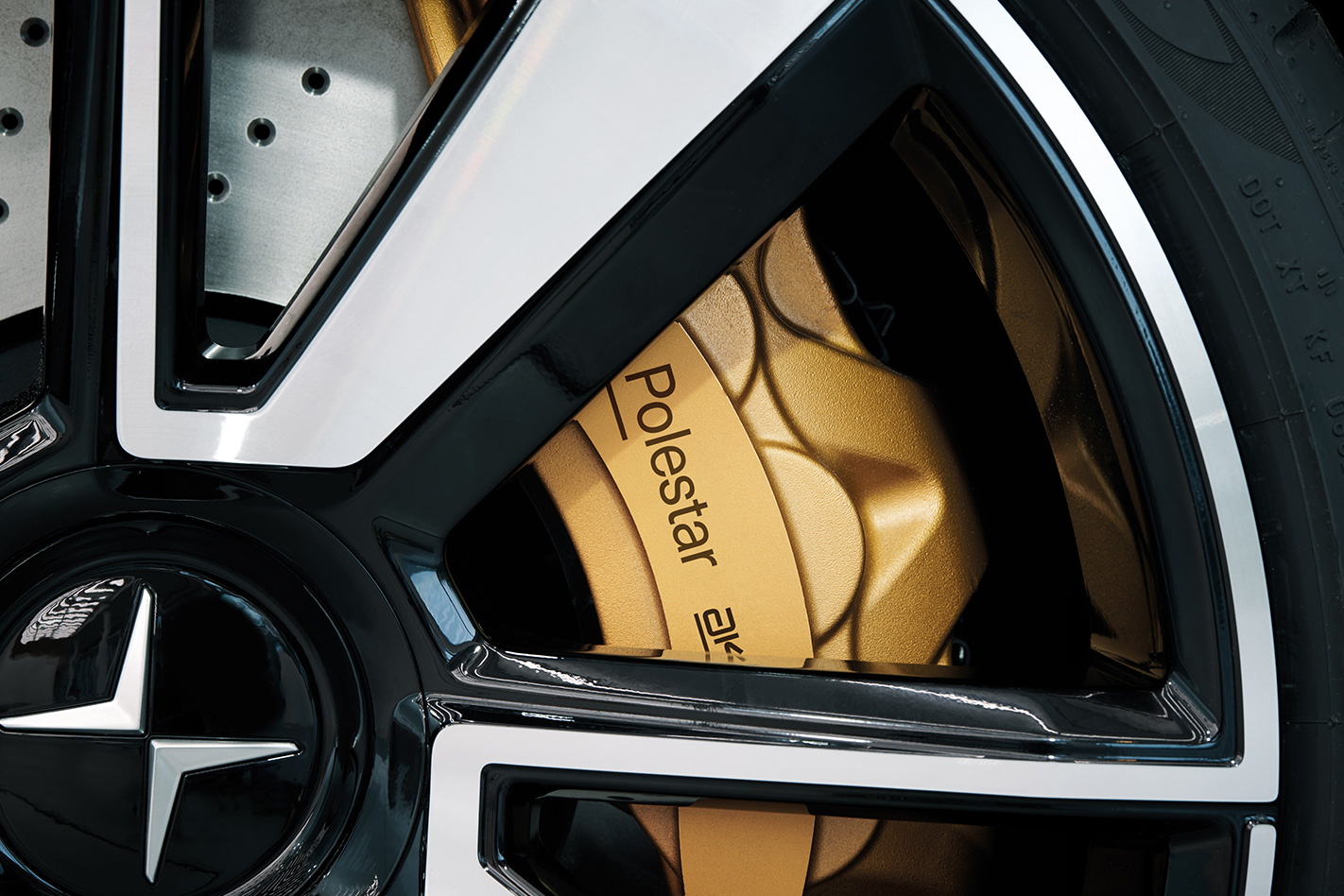 News
NewsSwede Landing: Polestar's Aussie ambush
Sweden’s EV brand is finally in Australia. Here’s why you should be excited
-
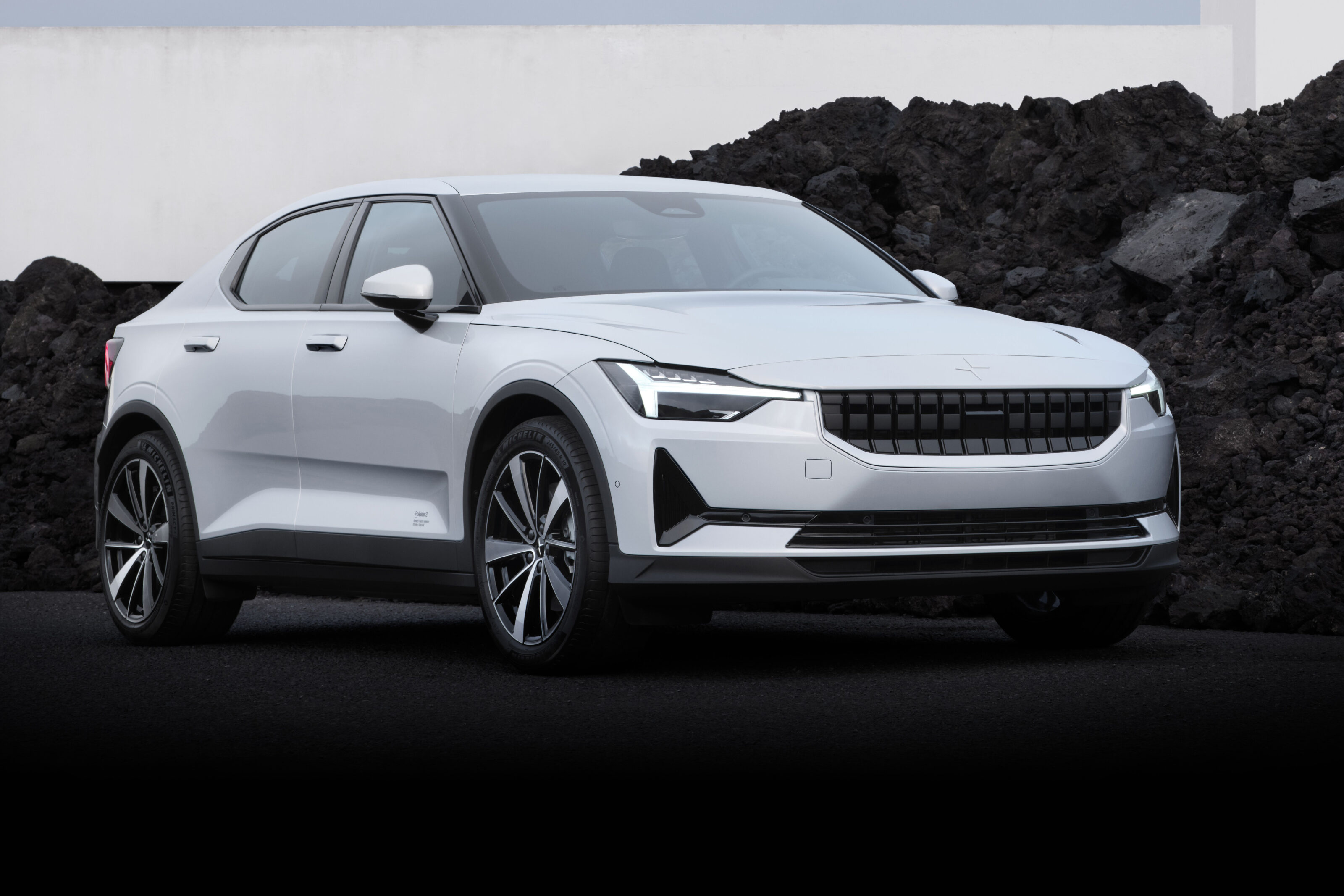 News
News2022 Polestar 2 price and features: Tesla Model 3 in its sights
EV brands set to battle it out Down Under
-
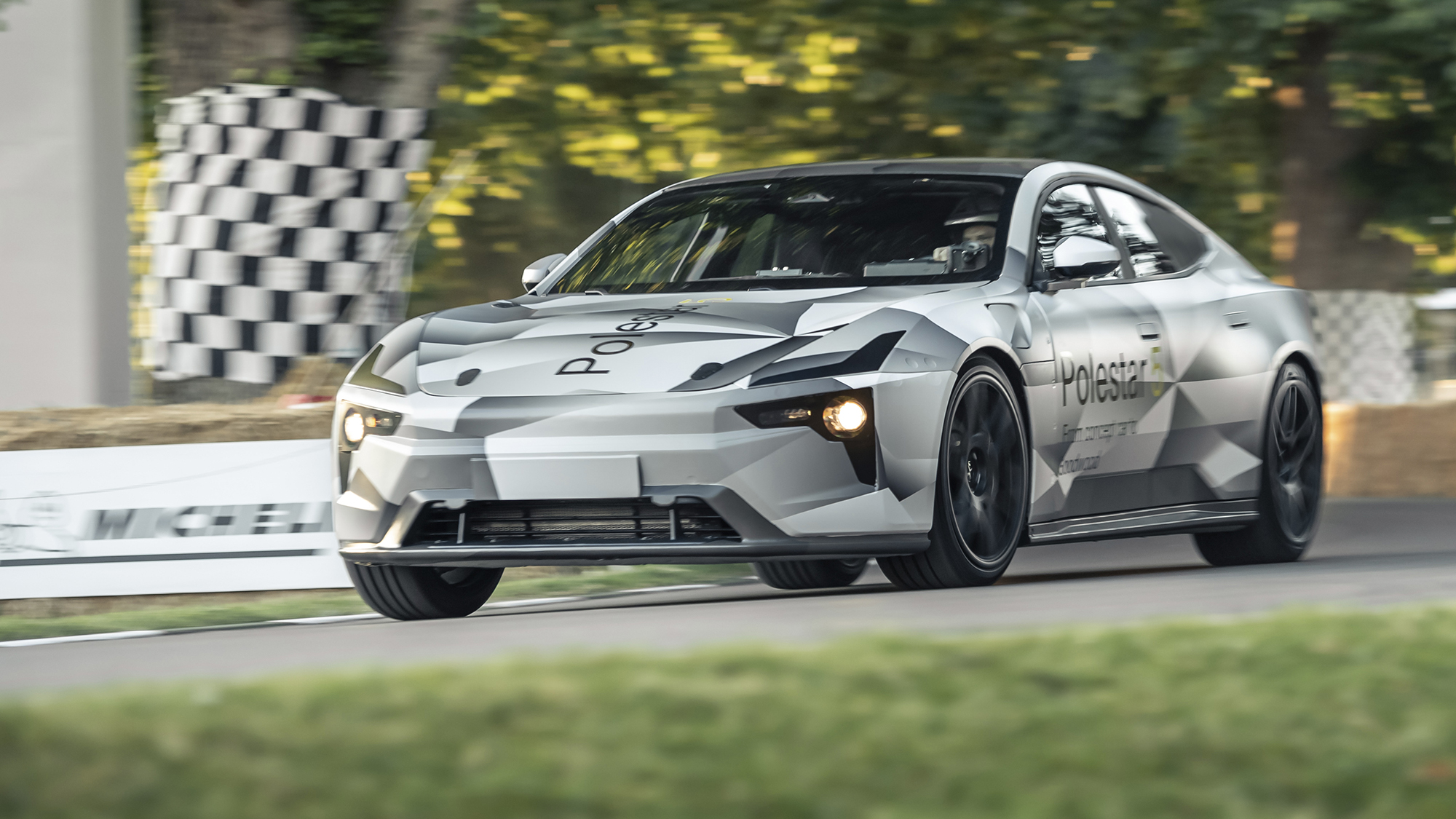 News
NewsPolestar 5 makes Goodwood debut, patent design images surface online
The all-electric GT car's will be shown off at the prestigious event later this month


